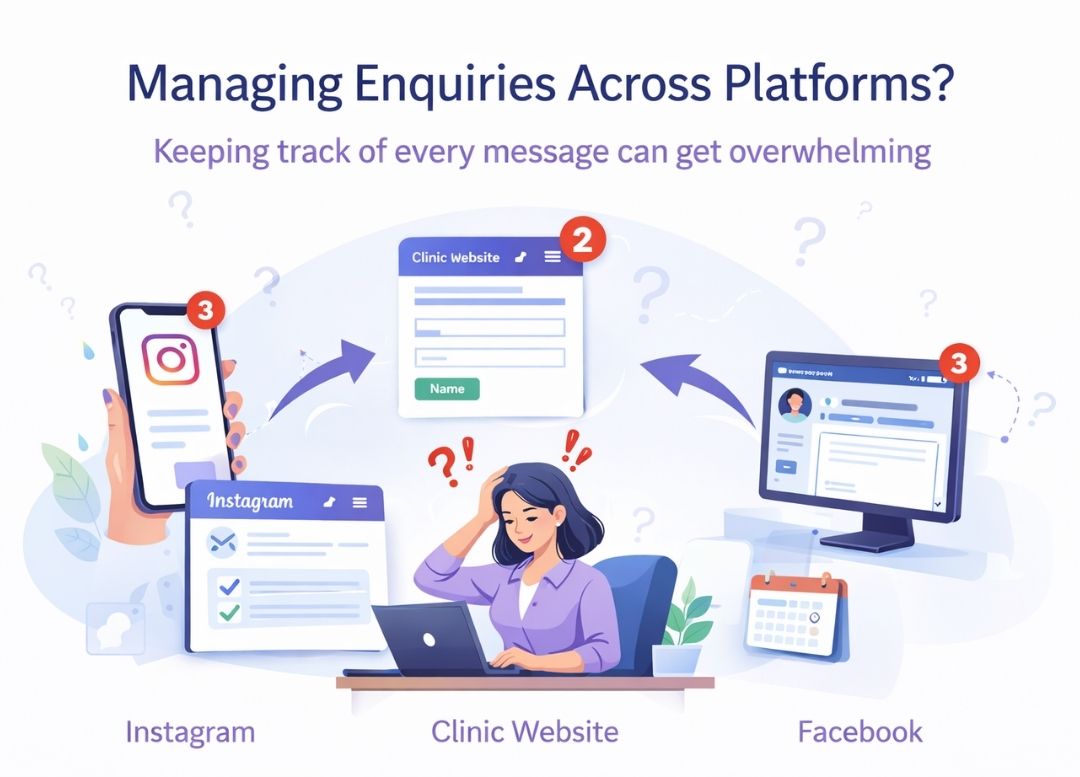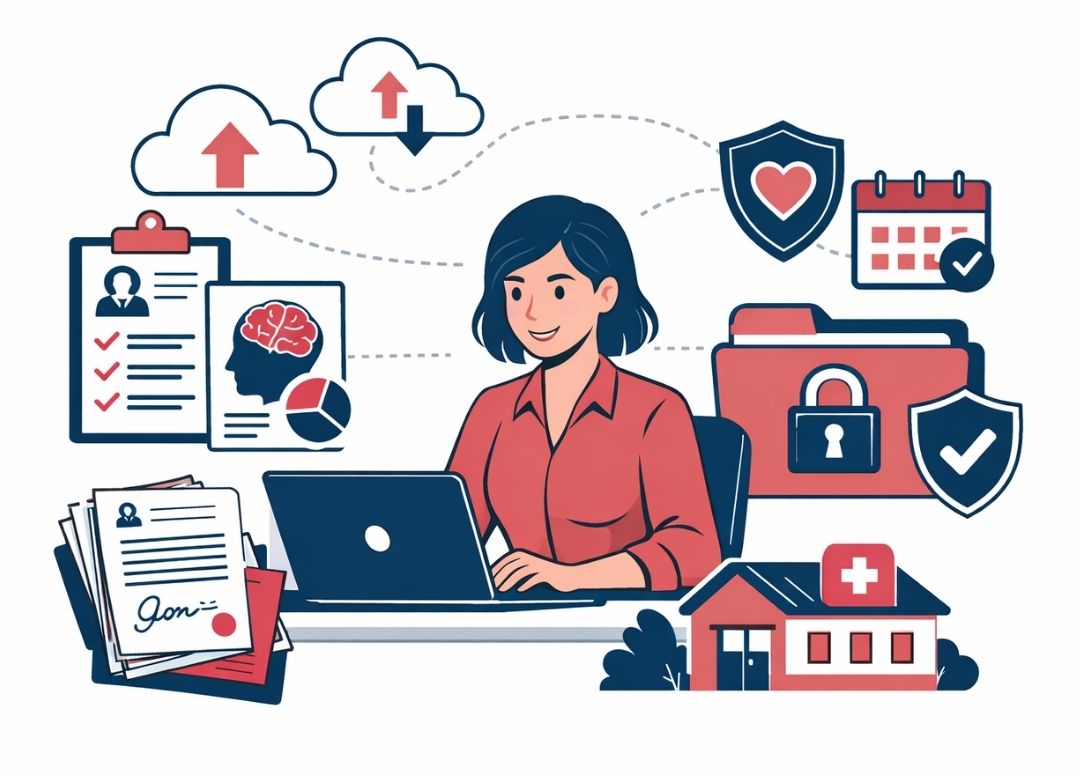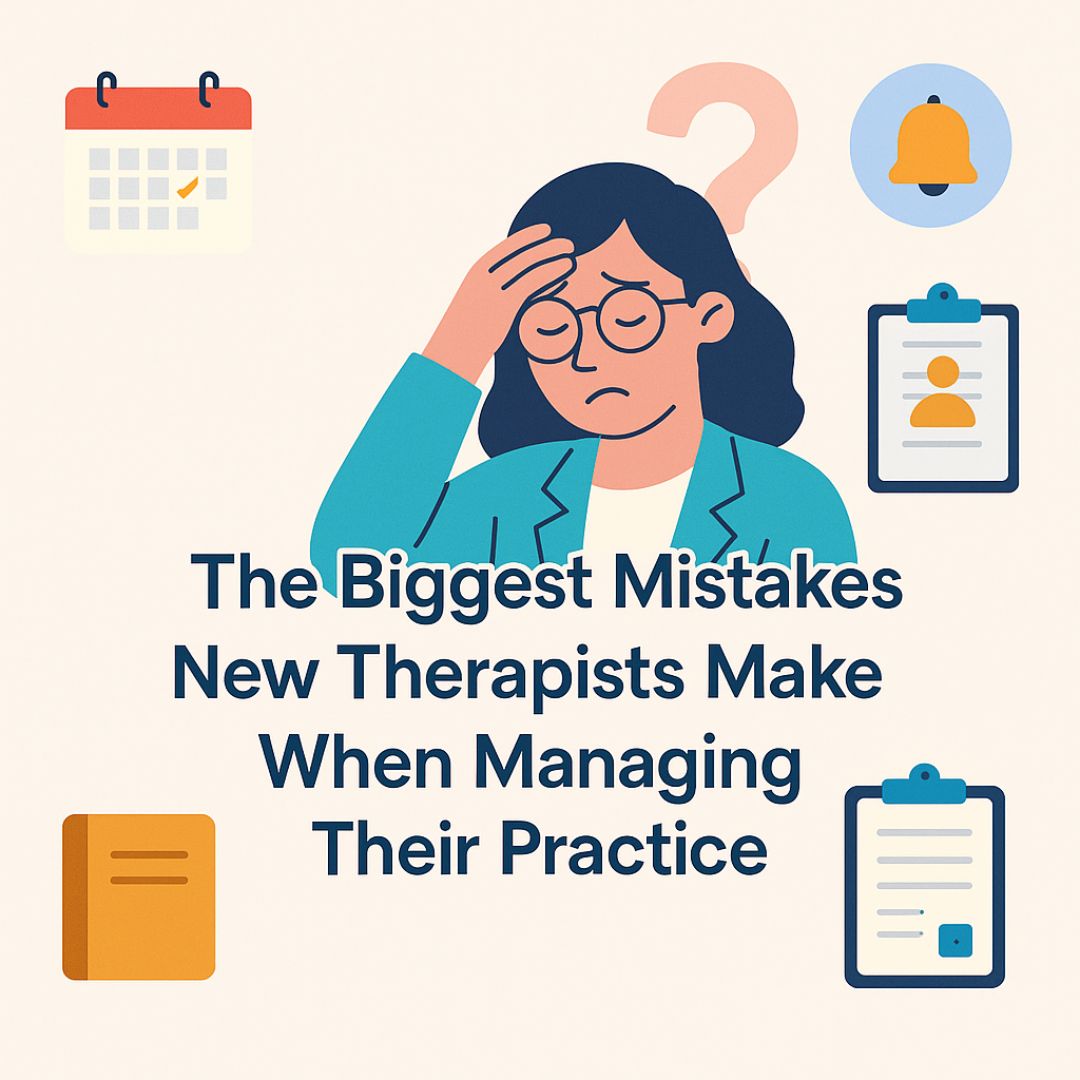Why is a website the most powerful tool of a mental healthcare professional
Why is a website the most powerful tool of a mental healthcare professional

On this page
Jump to sections
Psychologists and online presence:
A website is essential for psychologists for a number of significant reasons. First off, having a website helps them shine out online so that potential clients looking for mental health services can quickly find them. A website also makes it possible for psychologists to connect with people who might not have access to nearby mental health services or who prefer online therapy options. A website can also be used as a platform to build credibility by highlighting the psychologist's credentials, experience, and areas of specialisation. Before making contact, it enables psychologists to engage with potential clients and share details about their therapy philosophies and methods. In the end, having a website assists psychologists in growing their clientele, building rapport with people seeking psychological care, and facilitating meaningful relationships.
Benefits of having a psychologist website:
A psychologist's website has a number of benefits that might help practitioners in their careers, including:
Online visibility for psychologists: In the current digital era, psychologists must be available online. Having a good online presence enables psychologists to be quickly found by potential clients who are actively looking for mental health practitioners in light of the growing reliance on the internet for information and services. Having a website guarantees that psychologists may create an online presence, especially with the growing reliance on the internet for information and services. This makes it simple for potential clients to find them when looking for mental health specialists in their region or in their particular fields of competence.
Reaching a wider audience: With the help of a website, psychologists can interact with people who might not otherwise have access to mental health services in their area or who prefer online therapy options. This boosts their potential clientele and interaction opportunities. Psychologists can increase their online presence and facilitate relationships with potential clients by utilising powerful search engine optimisation (SEO) tactics. This makes psychologists more appealing to people from many racial, cultural, and geographic backgrounds. A website also offers a forum for showcasing specialised knowledge and services, allowing psychologists to target particular audiences in need of specialised support.
Establishing credibility: The trust and credibility of psychologists with prospective clients can be increased with the use of a well-designed website. It gives those seeking psychological services a platform to highlight credentials, degrees, and areas of competence, which may promote confidence.
Connecting with potential clients: Psychologists can communicate with prospective clients through websites even before they make contact. Psychologists may attract people who are suitable with their approach, philosophy, and treatment modalities by revealing information about them.
Showcasing expertise and specialties: A psychologist's website gives them the chance to emphasise their areas of expertise, such as trauma counselling, child psychology, or cognitive-behavioral treatment. This ensures that prospective clients discover a psychologist who meets their needs and helps them comprehend the specific services offered.
Appointment scheduling and contact information: A website may have features that let clients book appointments, ask questions, or get in touch with the psychologist directly. For people looking for psychiatric therapies, this convenience makes the process easier and improves engagement.
Engaging with clients: Psychologists can interact with their present clients through their websites. They are able to offer information, tools, and activities to help clients on their journey towards mental wellness. This continual interaction strengthens the therapeutic process and fosters a sense of connectedness.
Educational resources: Psychologists can utilise their websites to offer instructional materials on a variety of mental health issues, such as articles, films, or infographics. This helps the general public and establishes psychologists as reliable experts and providers of expertise.
Blogging and sharing insights: A blog section of a website enables psychologists to communicate their perceptions, ideas, and observations on pertinent psychological subjects. In order to become recognised as a thought leader in their profession, the psychologist should regularly update their blog with relevant and interesting information.
Marketing and promoting services: A website is a marketing tool that psychologists can use to advertise their services and draw in new clients. Psychologists can expand the audience they can reach with their website by using search engine optimisation (SEO) methods and online marketing practises.
Building a professional brand: The growth of a psychologist's professional brand is aided by a well-designed website. It gives businesses the ability to develop a unified and consistent online presence that is in accordance with their values, mission, and strategy.
Online reputation management: Psychologists have the chance to manage their online reputation by having a website. In order to ensure that their online presence appropriately reflects their professional expertise and reputation, they can respond to reviews, resolve client complaints, and provide accurate information about their services.
Keeping up with the digital age: A website is now expected rather than an exception in our technologically evolved culture. Psychologists who have an online presence show that they can adapt to the digital age and engage with people who are used to looking for information and services online.
Mobile-friendly website design: A mobile-friendly website design is crucial for psychologists given the rising popularity of smartphones and tablets. The user experience for potential clients is improved with a responsive design that makes sure the website is easily accessible and usable across various devices.
In conclusion, having a website is quite advantageous for psychologists. It increases their reach, enhances their credibility, and enables interaction with potential clients by giving them internet presence and exposure. A website can also be used as a platform to advertise services, show out knowledge, offer resources for learning, and interact with clients. Having an online presence is crucial for psychologists in the digital era to stay on top of the evolving environment of how people gain mental health services and information. Psychologists can advance their careers and connect with more people who need psychological treatment by adopting websites and keeping an active online presence.
FAQs
Why is a website essential for psychologists?
It boosts online visibility, connects with remote clients, and builds credibility with credentials and expertise.How does a website help psychologists reach a wider audience?
SEO and online therapy options attract clients from diverse backgrounds and locations.What builds trust on a psychologist’s website?
Highlighting qualifications, testimonials, and therapy approaches fosters confidence in potential clients.How can a website simplify client engagement?
Features like appointment scheduling and contact forms enhance accessibility and interaction.What role do educational resources play on a website?
Articles and blogs establish psychologists as experts and support client mental wellness.Why is a mobile-friendly design important for psychologists?
It ensures accessibility on smartphones and tablets, improving the user experience.Where can psychologists build an effective website?
Explore solutions at LifeHetu.
On this page
Jump to sections
Related Reads. Similar Blogs to Check Out.





